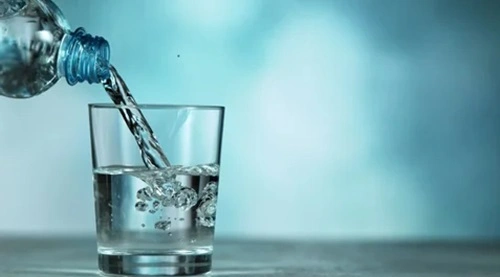No, it is not illegal to charge for water in most circumstances, but specific rules and regulations govern how water can be priced and supplied, depending on the context. Businesses, utility companies, and event organizers are generally allowed to charge for water, but there are certain scenarios, such as emergencies or public safety situations, where restrictions may apply.
Legal Framework for Charging for Water
1. Commercial Establishments
- Restaurants, cafes, and other businesses may charge customers for bottled water or water served in specific ways, such as in sealed containers.
- However, in many states, restaurants are required to provide free tap water upon request, particularly if they serve food or alcohol. For example:
- California mandates that restaurants serving alcohol provide free water upon request under the California Retail Food Code.
2. Utility Companies
- Public and private water utilities are allowed to charge customers for water services, which typically include supply, maintenance, and treatment costs. Rates are regulated by state public utility commissions to prevent excessive pricing.
- Low-income assistance programs are often available to help families afford water in regulated markets.
3. Event Venues
- Concerts, sports arenas, and festivals often charge for bottled water as part of their concession offerings. While this practice is legal, they are sometimes criticized for overpricing.
- In extreme heat conditions or emergencies, event organizers may be required to provide free water to ensure public safety.
4. Natural Water Resources
- Charging for access to natural water sources, such as springs or rivers, may be subject to regulation. Commercial exploitation of water resources often requires permits, and some states have laws to protect public access to water.
Situations Where Charging for Water May Be Restricted
1. Emergencies and Natural Disasters
- During emergencies, such as hurricanes or wildfires, businesses and utilities may be prohibited from charging exorbitant prices for water.
- Price-gouging laws in states like Florida and Texas make it illegal to sell essential goods, including water, at excessively high prices during declared emergencies.
2. Public Access and Drinking Fountains
- Public parks, schools, and government buildings often have free drinking fountains to ensure access to clean water. Charging for water in these settings may violate local policies.
3. Unreasonable Pricing Practices
- While businesses can charge for water, anti-trust laws and consumer protection regulations prevent unfair pricing practices. Excessive charges may lead to legal scrutiny or fines.
Ethical Considerations Around Charging for Water
1. Affordability and Equity
- Access to clean water is widely recognized as a basic human right. While it is legal to charge for water, high costs can disproportionately affect low-income communities, raising ethical concerns.
2. Sustainability
- Some businesses charge for water as part of conservation efforts, encouraging customers to value and use water responsibly.
3. Transparency
- Businesses and utilities are expected to clearly communicate the costs associated with water, including service fees and pricing structures, to avoid misleading customers.
Penalties for Violating Water Pricing Regulations
1. Fines
- Businesses found guilty of price gouging during emergencies can face significant fines, often ranging from $500 to $25,000 per violation, depending on state laws.
2. License Revocation
Restaurants and event venues that fail to comply with water access regulations may risk losing their operating licenses.
3. Civil Lawsuits
Consumers affected by unethical pricing practices may file civil lawsuits against businesses or utilities.
Related FAQs
Q1. Can a restaurant charge for tap water?
Ans: It depends on state and local laws. In most states, restaurants are required to provide free tap water if requested, especially if alcohol is served.
Q2. Is it legal for event venues to charge high prices for bottled water?
Ans: Yes, event venues can charge for bottled water, but they may be required to provide free water in extreme conditions or emergencies.
Q3. Can utility companies charge late fees for water bills?
Ans: Yes, utility companies can charge late fees, but these fees are regulated by state public utility commissions.
Q4. What is price gouging, and how does it apply to water?
Ans: Price gouging refers to charging excessively high prices for essential goods, including water, during emergencies. It is illegal in most states during declared emergencies.
Q5. Do businesses have to provide free water?
Ans: Not always. While many businesses provide free water as a courtesy, laws requiring free water typically apply to specific circumstances, such as serving food or alcohol.
Conclusion
Charging for water is legal in most cases, but regulations and ethical considerations govern how and when it can be done. Utility companies, businesses, and event venues are generally allowed to charge for water services, but exceptions apply during emergencies and in certain public settings. Consumers should be aware of their rights and the regulations that ensure fair pricing and access to water.


